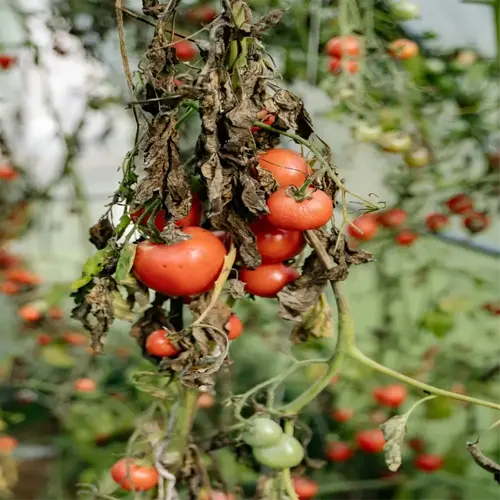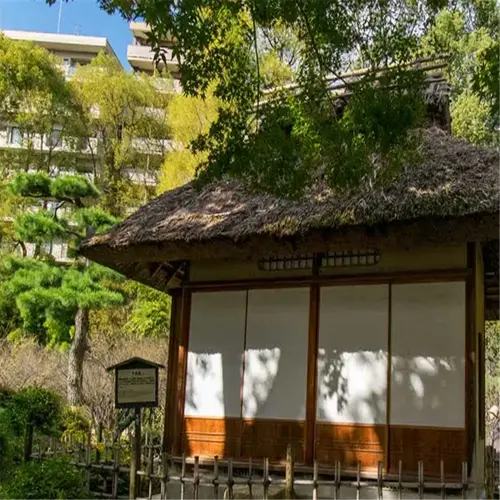What should not be planted near turnips?

Written by
Michael Sullivan
Reviewed by
Prof. Charles Hartman, Ph.D.Successfully growing turnips depends on a good companion planting strategy. Some plants won't allow turnips to thrive because they attract pests, or take too many nutrients away from them. Avoiding competition will help turnips grow strong roots and beautiful greens. To begin, sketch out your garden and separate the incompatible crops.
Brassica Family Risks
- Cabbage, cauliflower, and broccoli attract cabbage worms and aphids that target turnips
- Shared pests spread quickly, requiring aggressive treatments
- Rotate brassica beds at least 3 years before planting turnips
Nutrient Competitors
- Potatoes deplete potassium, stunting root development
- Mustard greens leach sulfur, altering soil balance
- Both crops create shade, reducing turnip sun exposure
Swap out problem plants for marigolds or nasturtiums; they repel pests naturally. I interplant garlic between the rows of turnips to deter aphids. Rotate annual crops every year to ensure that soil-borne diseases do not impact your plants. Check soil pH every month; turnips prefer neutral pH, so stay in the range of 6.0-7.5. Hybrid compost adjustments can also be utilized to balance other nutrients that may be depleted by your crop.
For small gardens, grow turnips in containers* if you have the desire to separate crops from competing plants. Use a pot that is at least 12 inches deep and has good drainage. Consider using pots that are at least 5 gallons in size. You may consider pairing turnips with your favorite herbs, like dill or mint. Avoid overcrowding your seedlings and thin them early, the airflow between plants can prevent mold and mildew. Harvesting the greens, then the roots after they are two to three inches wide.
Read the full article: How to Grow Turnips: A Step-by-Step Planting Guide

